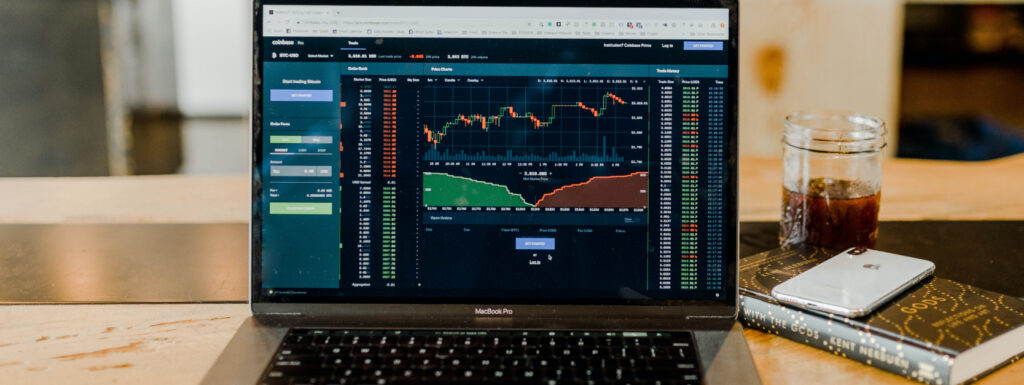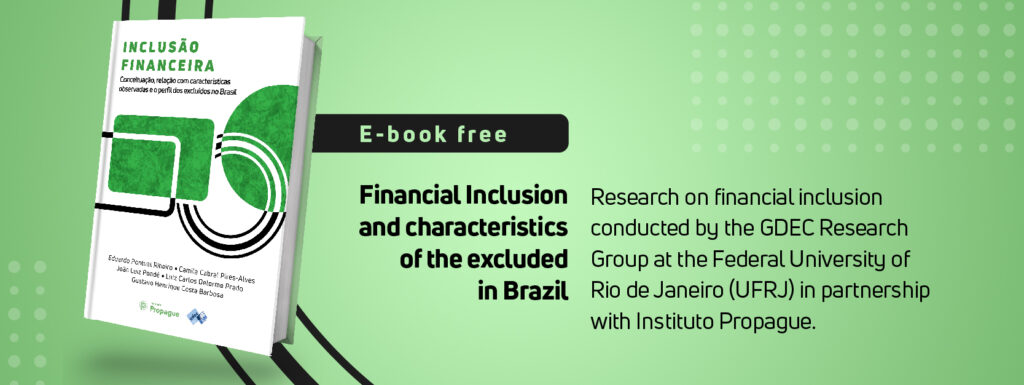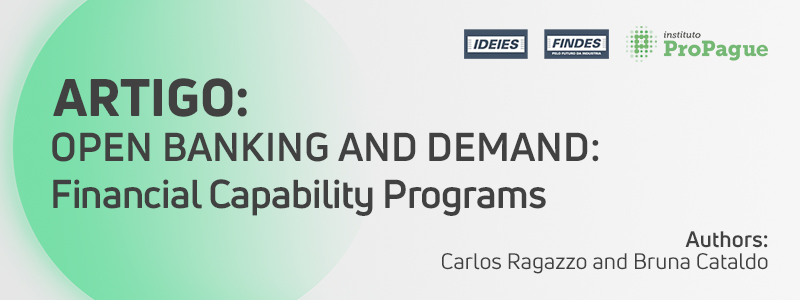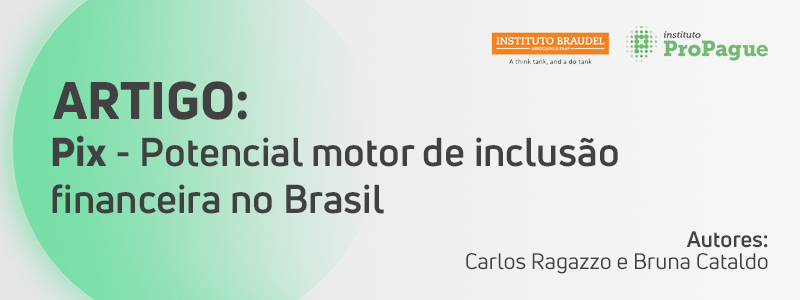Fintechs are companies that employ new technologies to offer financial products and services using mainly digital channels. With a focus on solving problems and improving the user experience, it is no news that fintechs have a positive impact on improving access to financial services, reducing costs, and generating efficiency and competitiveness in the financial sector.
As the topic of environmental, social, and governance (ESG) sustainability criteria in finance gains prominence, it is worth asking how fintechs specifically can contribute to sustainable development.
This was the theme of the seminar held by the Swiss think tank Foraus and the Think Tank Hub Geneva on Tuesday, January 26, with Carlos Ragazzo, professor at FGV and Chairman of the Advisory Board of Instituto Propague among the expert panelists.
Fintechs and the Sustainable Development Goals
The United Nations has defined 17 Sustainable Development Goals (SDGs) to achieve by 2030. By introducing technologies into the financial sector, fintechs contribute directly to Goal 9, “Build resilient infrastructure, promote inclusive and sustainable industrialization, and foster innovation,” but they can play a broader role.
Creating easily accessible, low-cost digital solutions is one way to include vulnerable populations who currently lack access to financial services such as digital accounts, loans, and payments. This is only possible thanks to the growth in smartphone use and the expansion and reduction of cost of mobile data connectivity in emerging countries such as Brazil, Colombia, and Pakistan.
Training and financial education for all
An example of an inclusive training initiative is LISTA, an application aimed at the financial education of low-income people. The app offers accessible and interactive content and works both online and offline. LISTA is an initiative of Fundación Capital and has already been implemented in 12 countries and trained more than 400,000 users in Latin America.
Nelly Ramirez, vice-president of Fundación Capital, pointed out that this initiative contributes directly to the reduction of inequalities (Goal 10), by promoting the economic and social inclusion of all people, regardless of their gender and social class.
Digital accounts bring resources to vulnerable populations
Another example of fintech for inclusion is the Roshan digital account, created by Pakistan’s central bank in partnership with commercial banks in the country. The digital account is used by migrant workers to send remittances from abroad to their families quickly and cheaply. International remittances account for almost 8% of GDP and are a source of income for many families in rural Pakistan.
Also mentioned were two cases of using technology with the participation of fintechs to distribute emergency relief amid the COVID-19 crisis. Using blockchain technology and mobile money, the Pakistani government managed to reach 15 million families, as reported by Abid Qaiyum Suleri, Executive Director of the Sustainable Development Policy Institute.
In Brazil, the launch of the digital account Caixa Tem distributed emergency aid to 68 million people, 35 million of whom had never had a bank account. Thus, digital financial solutions were essential tools for reducing poverty (Goal 1) and fighting hunger (Goal 2).
Fintechs help, but will not achieve sustainable goals alone
The panelists highlighted that there are a number of challenges hindering the fintech revolution to fully bring benefits for sustainable socioeconomic development.
Anna Stunzi, president of Foraus, pointed out that fintechs’ objectives are not always in line with development goals. “Achieving the SDGs is very different from realizing digital transformation, which is also very different from making money by founding a startup,” she said.
According to Nelly Ramirez, vice president of Fundación Capital, it is necessary to make sure that the technology actually reaches the target population and is not restricted to those who are already insiders to the digital world. Fundación Capital’s experience has also shown that convincing the public of the value of the solutions offered can be a difficult task.
In addition to the practical problems associated with implementing inclusive solutions, countries also need to adapt regulatory regimes to foster technological innovations that promote sustainable development goals, an issue highlighted by Carlos Ragazzo.
Fintechs can be catalysts, but they will not achieve development goals alone. Collaboration between private actors and public authorities and international cooperation are important to share information, transfer technologies, and learn from successful experiences.
| Read also: Open Banking and Demand: Financial Empowerment Programs




